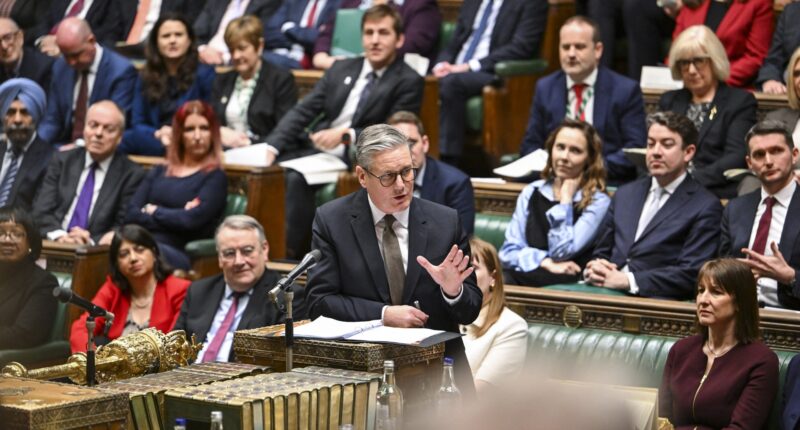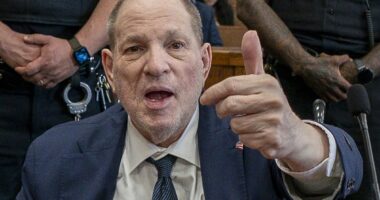MPs pay will soar to £93,904 next year as Commons bosses recommend a hike of more than £2,000.
The increase of 2.8 per cent, exceeding the inflation rate, was criticized as “a bitter pill to swallow” as pensioners faced cuts to winter fuel payments and farmers protested against tax hikes.

Silver Voices, an advocacy group for the elderly, expressed dismay, stating, “The financial situation seems dire enough to strip needy pensioners of crucial winter fuel payments, yet apparently not dire enough to prevent MPs from receiving an above-inflation raise on their substantial salaries.”
Campaign chief Dennis Reed blasted: “Winter heating for older people takes second place to maintaining the feather-bedded lifestyle of MPs.”
The Independent Parliamentary Standards Authority, responsible for determining MPs’ pay, defended the increase, claiming it was in line with trends seen in the broader public sector workforce.
It is set to be rubber stamped after a short public consultation next month.
Members of Parliament are currently paid £91,346, before the expected uplift of more than £2,000 due in April.
Defending the hike, Ipsa chairman Richard Lloyd said it “recognises both the vital role of MPs and the current economic climate.”
MPs do not determine their own salaries, which have been set by Ipsa since the watchdog was established in 2011 in the wake of the expenses scandal.
Mr Lloyd said the body aims to “make fair decisions on pay, both for MPs and the public”.
But campaigners, the TaxPayers’ Alliance, said: “This will be a bitter pill to swallow given politicians of both front benches have for years hammered the living standards of taxpayers.
“MPs are guilty of delivering a record high tax burden, persistent inflation and struggling services, yet are now being rewarded for this catalogue of failures.
Boss John O’Connell added: “”Pay for politicians should be strictly linked to the country’s economic performance, ideally to actual living standards measured by GDP per capita.”
Under the law MPs pay must be reviewed within the first year of a new parliament.
However due to the fact that the anniversary of the July 2024 election falls into the next tax year, the body decided the 2.8 per cent uplift as an “interim measure”.
















